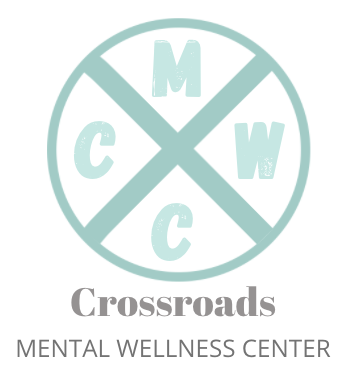Communication & Conflict Resolution
Communication is the sending and receiving information. Simple enough, right? Well when there are several communication styles from which to use, aligning techniques along with different personalities and preferences in which to receive information leaves lots of gray area for miscommunication. This is when conflict arises between two or more people. If not addressed, miscommunication can spiral quickly and lead to bigger issues.
Look at the list below and take a mental note of which styles you use the most to communicate with others. Keep in mind, your style may likely change due to your target audience (family members, co-workers, friends, strangers, etc…).
- Verbal/Face to Face
- Phone Conversation
- Text Messaging
- Social Media (Snap Chat, FB Messaging, Instagram, TikTok, etc…)
- FaceTime/ Live Chats
- Zoom/Teams Meeting
- E-mails
- Mail/Letters
- Body Language
Now think of your target audience. Do you know which forms of communication they prefer from you, or are you assuming?
Therapists are trained to help individuals better understand their own communication styles, language and tone used, and how to better share information with others. After long periods of miscommunication, hurt and resentment can build to where parties will need to work on Conflict Resolution.
Conflict Resolution can only occur if both parties are willing to work towards the same goal; mutual understanding for one another. This does not mean everyone must agree and share the same opinions.
Steps to Conflict Resolution:
- Confrontation. Don’t ignore the conflict as hurt or feelings of anger will develop
- Communicate perspectives/opinions on a matter
- Actively listen to the person sharing
- Ask clarifying questions if needed
- Discuss possible solutions
- Agree or Agree to disagree in a respectful manner
Engaging in Conflict Resolution and developing an understanding of Communication styles can be applied to many different relationships throughout one’s life. The goal of Communication and Conflict Resolution Therapy is to increase our clients’ self-awareness and learn how to apply conflict resolution strategies that they can take with them to have healthier and happier relationships in the future.

